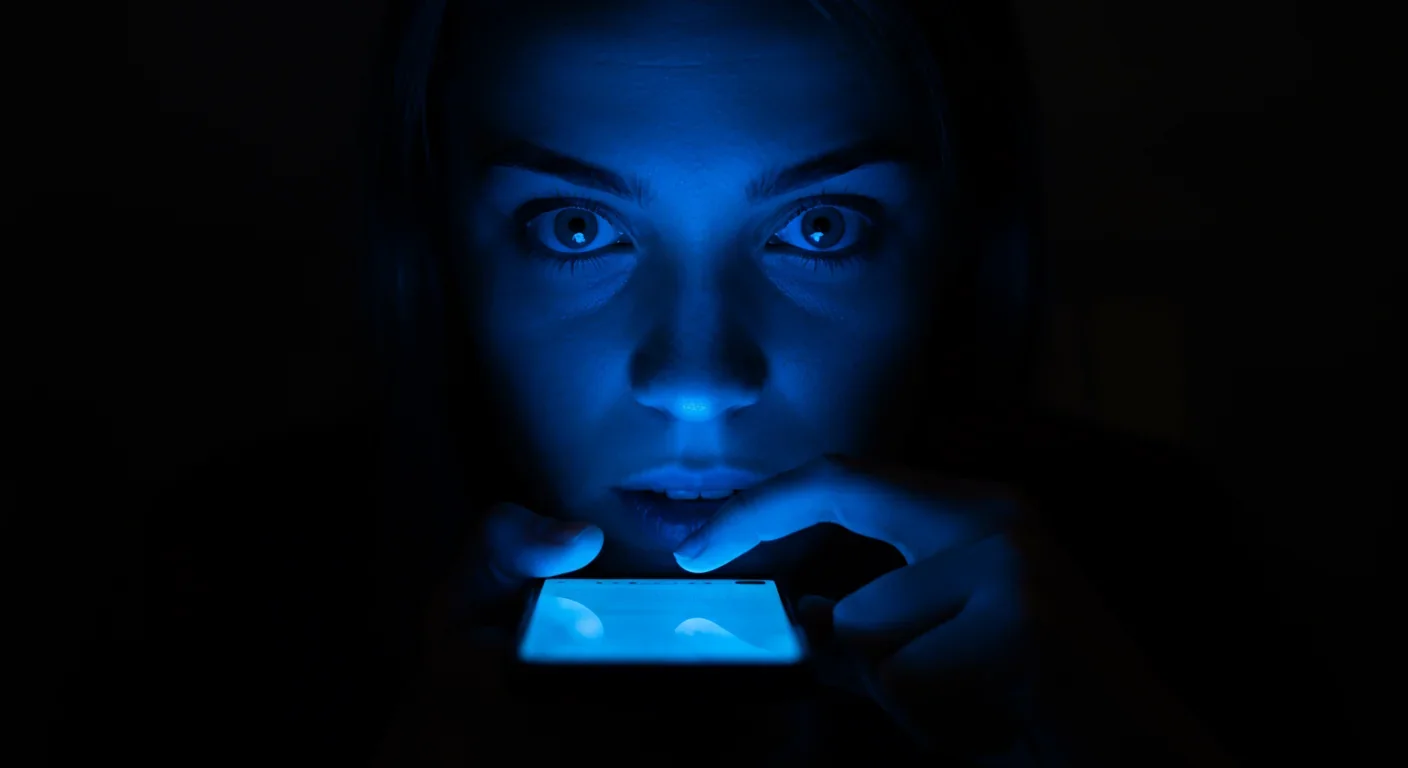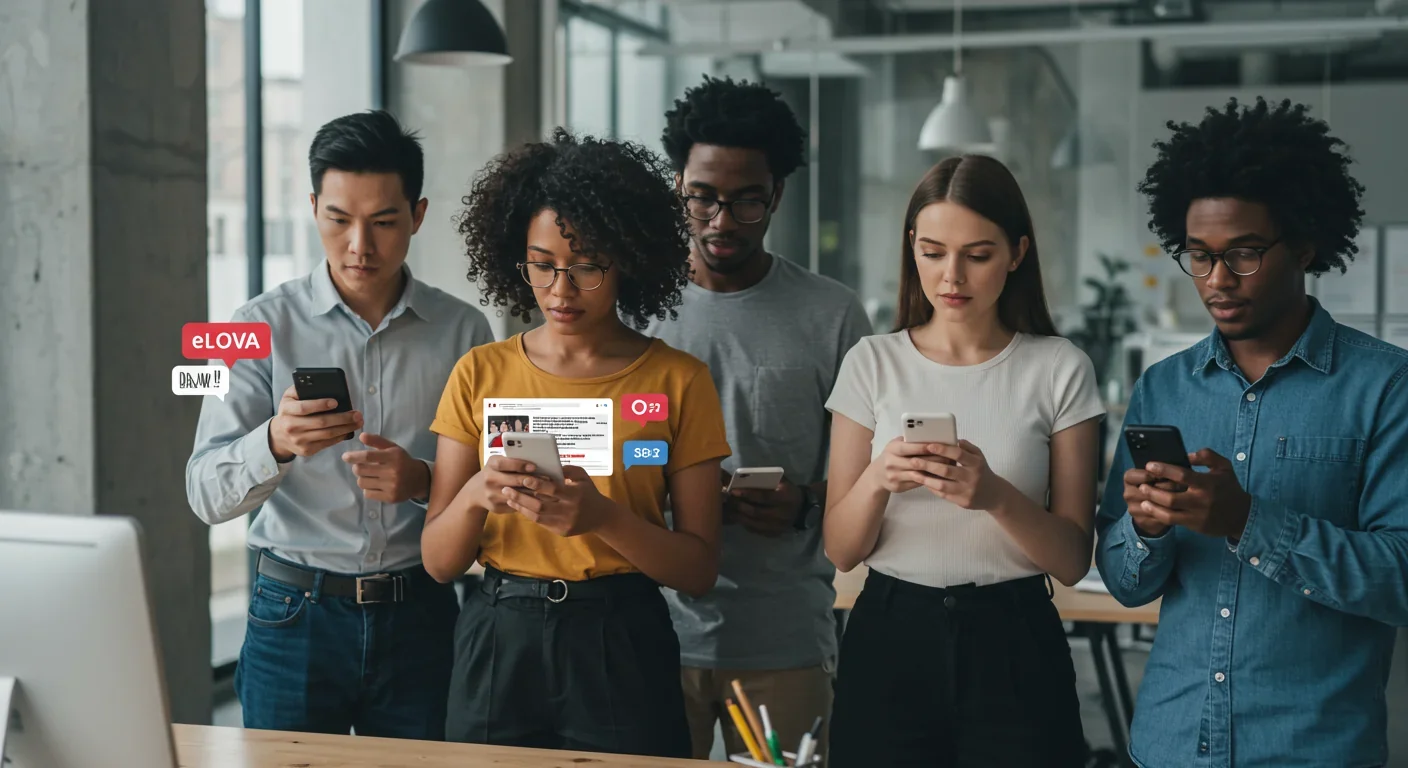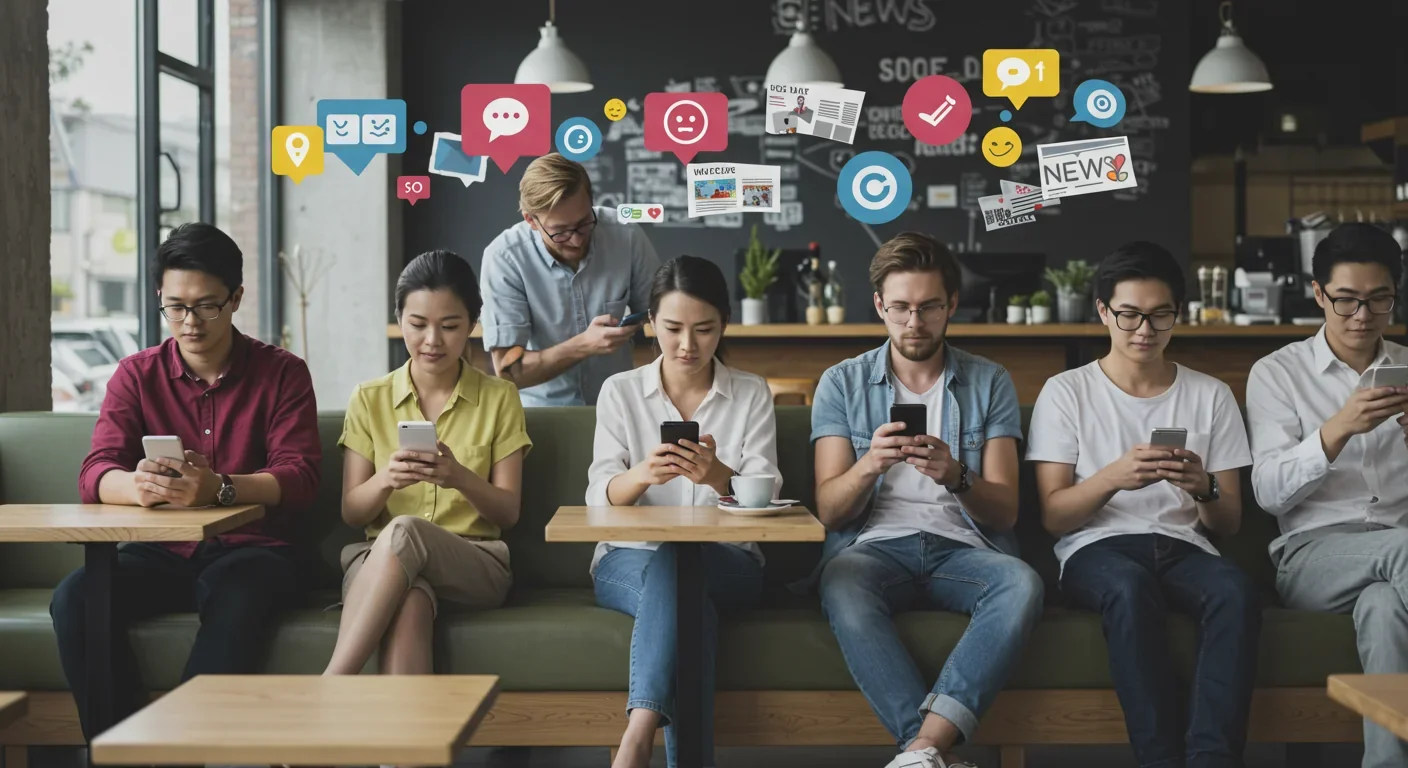Neuroscience of Belief: Why We Cling to False Ideas
Your brain treats false beliefs like physical realities, carving them into neural pathways through dopamine rewards, repetition, and emotional reinforcement. Understanding these mechanisms can help you recognize and overcome cognitive biases.



